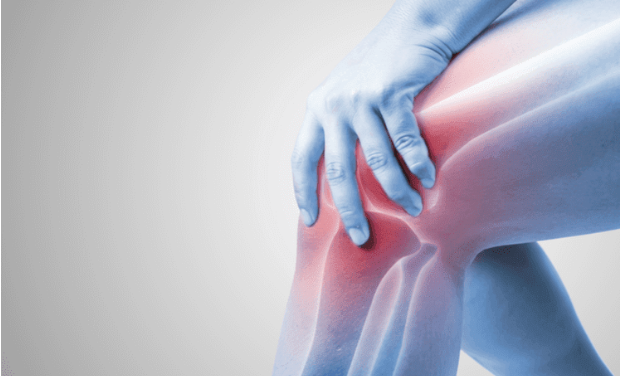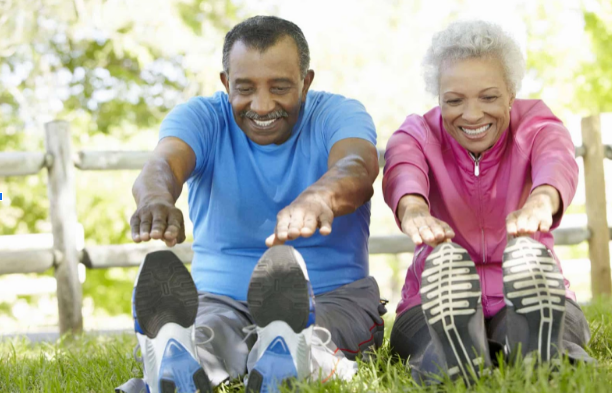
Protect Your Memory
Protect Your Memory
Hearing loss has also, according to this article, contributed to social isolation which is a risk factor for Alzheimer’s disease and forms of dementia. Studies have found that even the mildest loss of hearing can take a toll on the brain. So, let’s commit to cleaning those ears!!!
Source: Good Ear Care May Be Good for Your Brain | Fisher Center for Alzheimer’s Research Foundation
(alzinfo.org)





